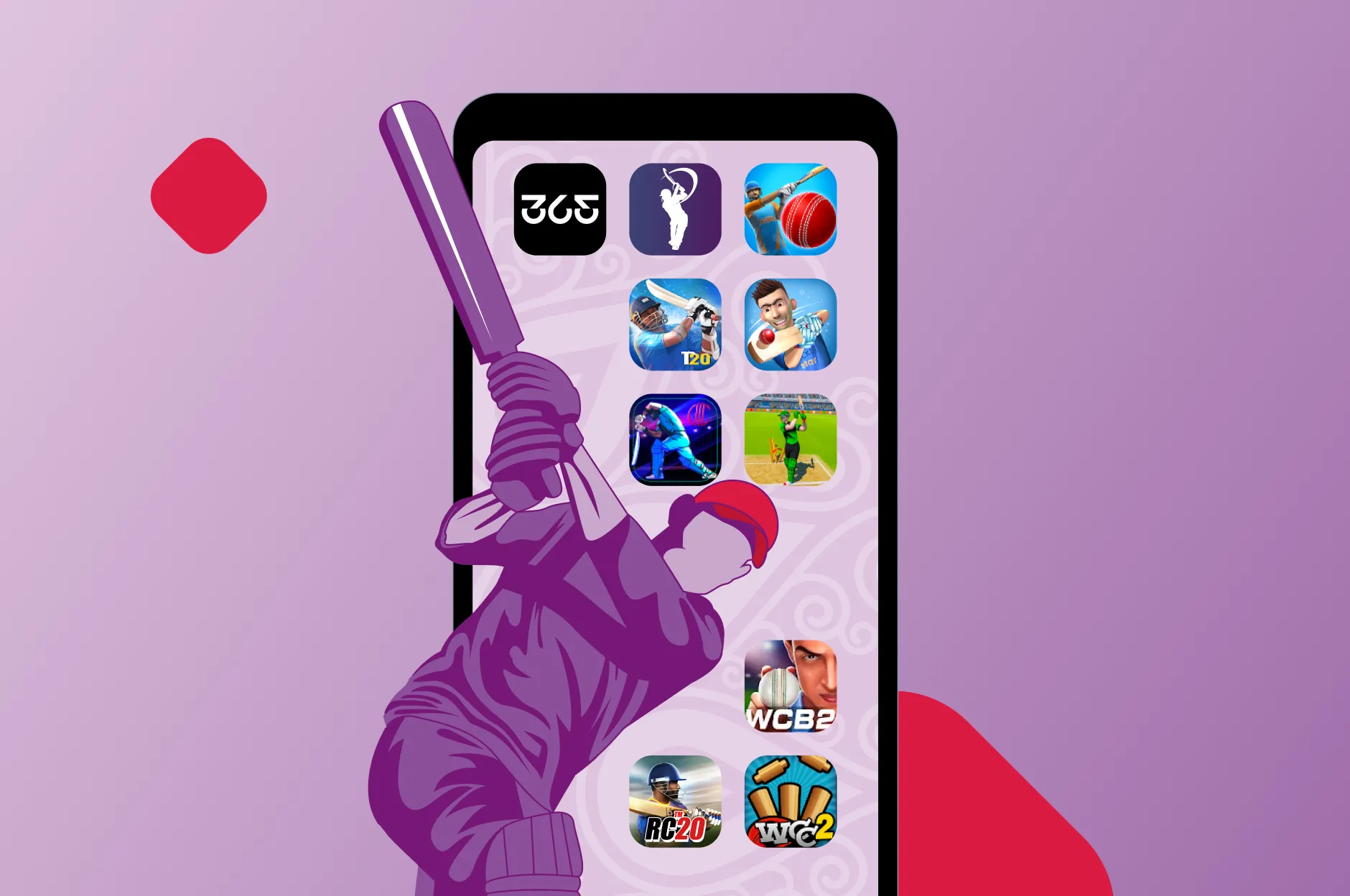

Positive mental health is something we should all be talking about. With this in mind, there is quite a conversation to be had about the role of the smartphone in connection to our well being. Despite being a technology that has the power to bring us all together, the smartphone, along with many of its applications (especially in the field of social media), is often highlighted as something that can have a detrimental impact on our mental health.
Is this assumption fair? Well, there are,of course, two sides to this story.
FindingBalance
The fact is, we all love our smartphonesand our apps. For most of us, this is a fairly healthy relationship. They keepus entertained, help us manage our social lives, and make us more productive.It’s all about balance. If we can recognize that a little bit of what we fancydoes us good - but too much of a good thing is sometimes a bad thing, we shouldall be in a good place.
But what happens when that balance gets alittle off-kilter?
You’ll know you have a problem when you areno longer entertained, anxious about social engagement and downrightunproductive but still unable to put your smartphone down. The smartphone is soingrained in our lives, that the thought of going “cold turkey” might justtrigger an episode of Nomophobia– the fear of being without our smartphones.
It might be easy to dismiss conditions suchas nomophobia or smartphone addiction as “first world problems” suffered“entitled” millennials – but the correlation between smartphone addiction andserious mental illnesses including anxiety and depression is very real.This can have an adverse effect on the person's thoughts, behavior, tendencies,feelings, and sense of well-being.
GoodHealth – There’s an App for That
It might sound counterintuitive, but theanswer to your smartphone-based anxieties might actually be found on yoursmartphone. There is an app for everything these days, so there might as wellbe an app to help you manage your mental health.
Good mental health (just like good physicalhealth) can start with a few good decisions regarding everyday lifestylechoices.
Popular diet and exercise apps which caneasily be found in the Google Play Store can help you plan, track and optimizehealthy living strategies are a great risk-free place to start makingimprovements to your everyday well-being.
However, for more acute mental health issues,it's always best to take a piece of more qualified advice.
QualifiedAdvice
Speaking to TheGuardian, André Tomlin,who runs Mental Elf, a website dedicatedto publishing reliablemental health research and guidance, suggests that the mentalhealth app marketplace is "very messy."
“Ifyou go to the App Store and browse in the health and wellbeing section, whatyou’ll get is a ton of yoga and sex apps,” says Tomlin.
The fact is, asgood as the various app marketplaces are at recommending apps based on criteriasuch as popularity, similarity to previously downloaded apps, and paidpromotion, most mental health apps are not ranked on sound clinical advice.
It’s also worthremembering, in a largely unregulated arena with access to huge audiences, youwill find many unscrupulous “experts” hawking products with little (or no)value. This is annoying at the best of times – but when it comes to mentalhealth, it can be downright dangerous.
A HealthyPlace to Start
The UK’s National Health Service (NHS)recently launched a library of smartphone apps which evaluates clinicaleffectiveness based on expert and patients’ opinion before recommendingspecific downloads. The NHS Apps Libraryfeatures a range of apps to help manage many health-related issues – includingCancer, Dementia, Diabetes, and Mental Health.
Featured apps include a range of free andpaid for apps, as well as apps that are supported by in-app purchases and somethat are only available by referral from health professionals (these won’t beavailable in the Google Play Store).
PositiveSocial Engagement
Another organization that is seeingpositive results from app-based technologies is the mental health charity Mind.
Mindful of the influence that social mediahas on our mental health, Mind has developed their own social media app called Elefriends.
The basic premise of Elefriends, whichactually started life as a Facebook group, is to get people talking. But thisisn’t a place for the standard social media #Humblebrag. Thanks to the app’sclosed environment, there is no social pressure to portray a positive image(the norm on services like Facebook or Instagram and which can make people whoare perhaps not “living the dream” feel inadequate). This open dialog helpsusers understand that they are not alone and encourages them to communicatewith the group (which includes input from moderators who are on hand to helpguide the conversation or offer support).
The proof of the value in services likeElefriends is in the testimonials of its users.
Speaking to journalists,one community member said: “Elefriendshas been a constant source of support for me. I have gone from not speaking toanyone, to speaking out to everyone.”
There is no doubt, as well as helping peoplelive better lives, apps like Elefriends are actively helping save lives.
TheSmartphone’s Role in Mental Health
While it might be very easy to point thefinger of blame at technologies like the smartphone for contributing to mentalhealth crisis around the world, it is apparent that the technology alsoprovides an incredible opportunity to reach people who may previously have noaccess to mental healthcare services.
Apps can help people create their own copingstrategies, build supportive communities and provide urgent assistance in timesof crisis. This is incredibly positive news.
The smartphone isn’t going away anytime soon.The smartphone is still a relatively new technology and, as such, we are allstill learning how to live with it. As we move into 2019 and beyond, we believethat mental health services are going to be an increasingly importantapplication on many smart devices. It may change the way we think of oursmartphones and ourselves.






.jpg)
